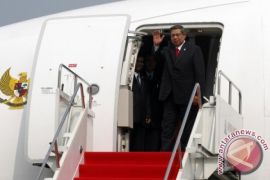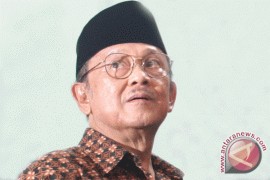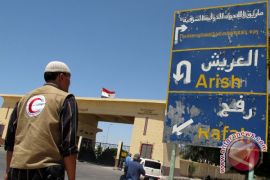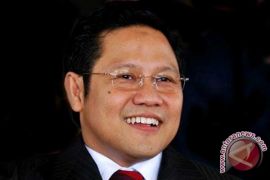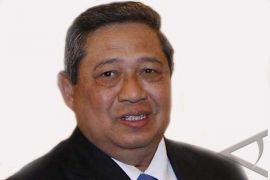Retired judge Tareq al-Bishry was a strong supporter of an independent judiciary, though legal experts said the Egyptian judiciary was subjected to increasing political meddling during Hosni Mubarak`s 30-year presidential rule which ended on Friday.
"I have been chosen by the Higher Military Council to head the committee for constitutional amendments," Bishry told Reuters on Tuesday, without elaborating.
The Higher Military Council, which took control of Egypt when Mubarak stepped down, said in a communique on Sunday that it was forming a committee to amend some constitutional clauses and define rules for a popular referendum on the changes.
Youth activists said on Monday the army council had told them constitutional amendments could be drafted soon and put to a referendum within two months. An army source said the two-month target was a "general time-frame".
The existing constitution, which the military council has suspended, had built-in guarantees to keep Mubarak and his allies in power. Amendments added during his rule strengthened the establishment`s grip on power.
For example, one amendment that allowed the first multi-candidate presidential election in 2005 was carefully worded to ensure no realistic challenge to Mubarak was possible.
Protesters have demanded several changes, including making presidential races fair and putting limits on a president`s term in office. Mubarak served almost five six-year terms and was expected to seek a sixth.
After 2000 parliamentary elections, Bishry told Reuters the judiciary should be given more authority to oversee polls.
Instead, judges were increasingly sidelined from the voting process under Mubarak. In the blatantly rigged November 2010 parliamentary election, judges were no longer placed inside polling stations, where monitors said ballot boxes were stuffed.
Another constitutional change demanded by protesters would allow independent monitoring of polls.
(*)
Editor: AA Ariwibowo
Copyright © ANTARA 2011


